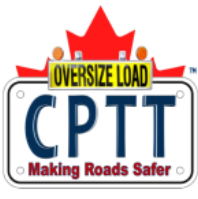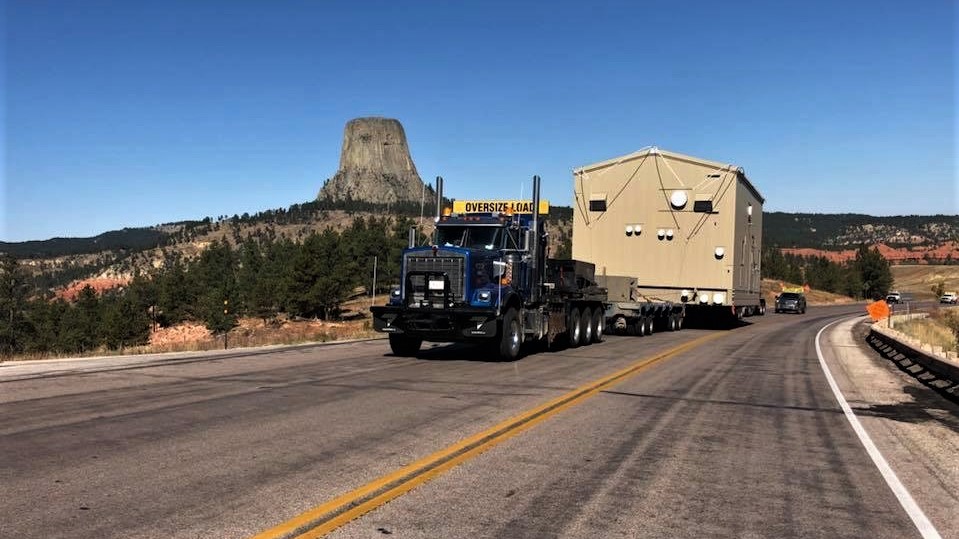
Training
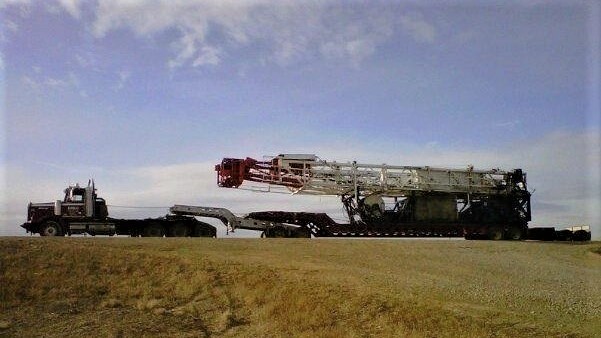
Pilot Escort Vehicle Operator (PEVO)
We developed industry-standard training for Pilot Escort Vehicle Operators across North America. Our PEVO training uses a competency-based approach, with a combination of theoretical, classroom-based training, and additional on-the-road practical training.
Trainees must pass a written test following the classroom portion, and complete all the requirements before practical training.
Additional on-the-road practical training includes; ride-along orientation, in-truck training, and buddy mentoring in real-time while the student is piloting.
Theoretical Training: 32 Hours in 4 Days at 8 hours/day
Practical On-The-Road Training & Experience: 128 Haul Hours
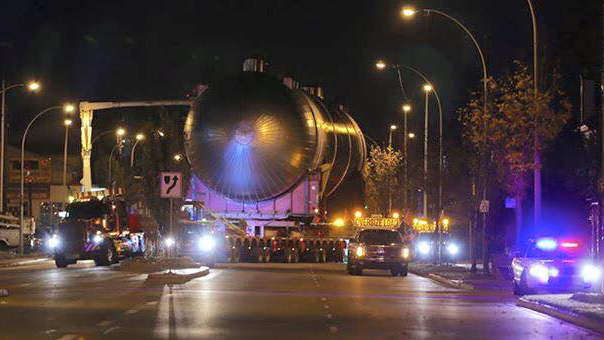
Pilot Advanced Training
Our Pilot-Advanced training program builds on acquired PEVO skills to create a higher level of competency, using more complex techniques.
The Pilot Advanced training covers complex situations; piloting super-sized over-dimensional loads, multiple-pilot loads, working with multiple pushes and pull trucks, as well as different configurations of trailers.
Prerequisite: Pilot Escort Vehicle Operator (PEVO) Certified
Theoretical Training: 10 Hours – 1 Day
Practical On-The-Road Training: As required
Other Competency-Based Training

Customized Training
We create a customized competency-based training and certification program for over-dimensional pilots.
When requested, additional programs and or workshops for non PEVO employees to strengthen the skills of the entire team.
Our theoretical training is available on-site or virtually. PEVO training is coupled with on-the-road simulated training or real life on-the-road practical training.
Our training is Safety-Focused, Professional, and provides trainees with the understanding and technical skills to do their work safely.
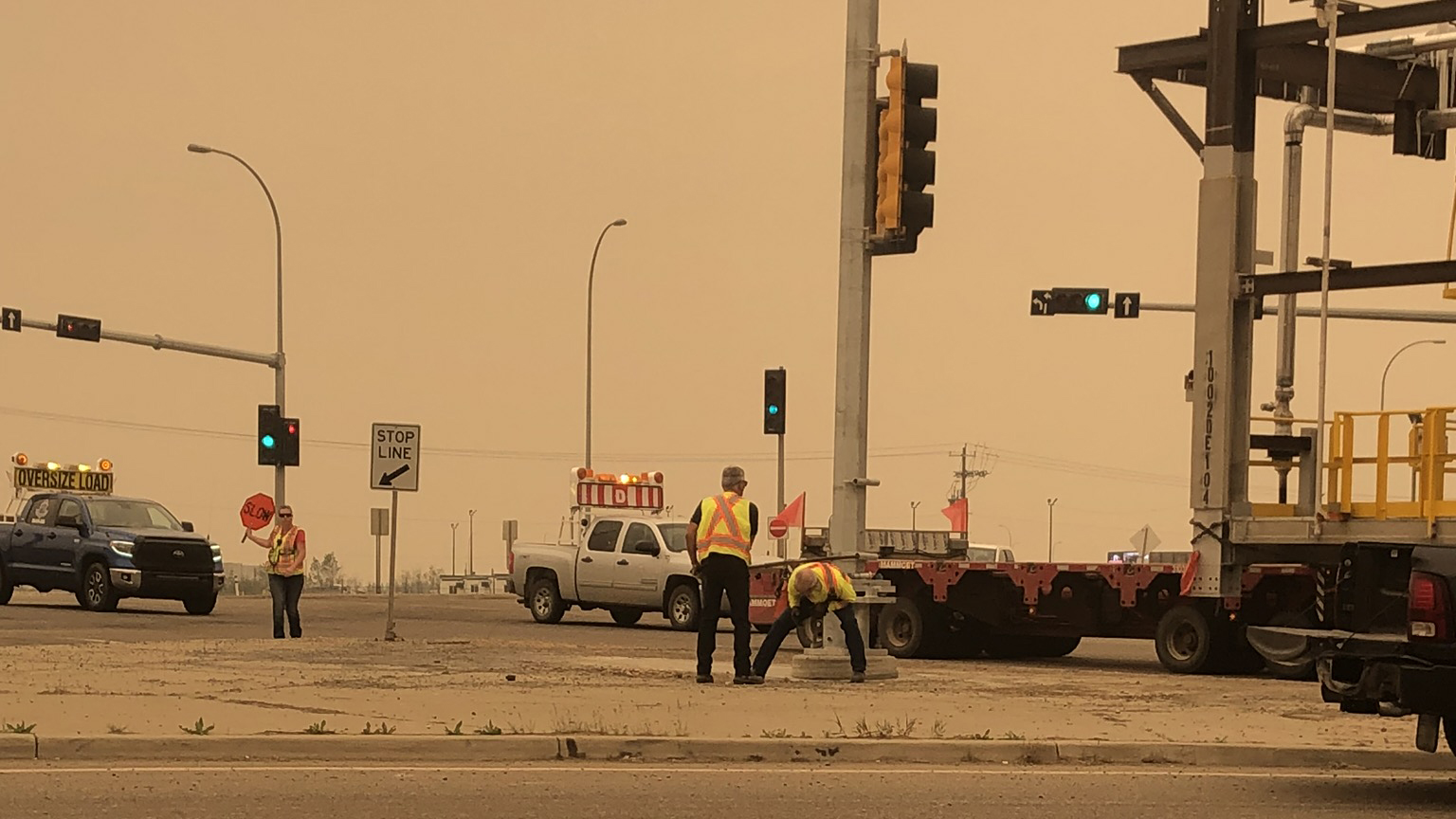
Traffic Control / Light Turning
Traffic Control
We provide training for Traffic Control Personnel (TCP) and Temporary Traffic Control training for over-dimensional pilots and team members. TCP training provides the knowledge and skills to safely control traffic, whether it is for road construction, utilities, arborists, telecommunications, environmental cleanup, incident management, vehicle recovery or any other situation. Temporary traffic control training for pilots focuses on best practice procedures to move traffic around an obstruction or accident, or an over-sized load.
Light Turning
We provide specialized training in Light Turning procedures in Alberta. Traffic lights along the high-load corridor have been modified or initially installed with rotatable bases. This allows the skilled light turning crew to safely rotate/swing the traffic lights and the advance warning boards out of the path of an over-dimensional load.
